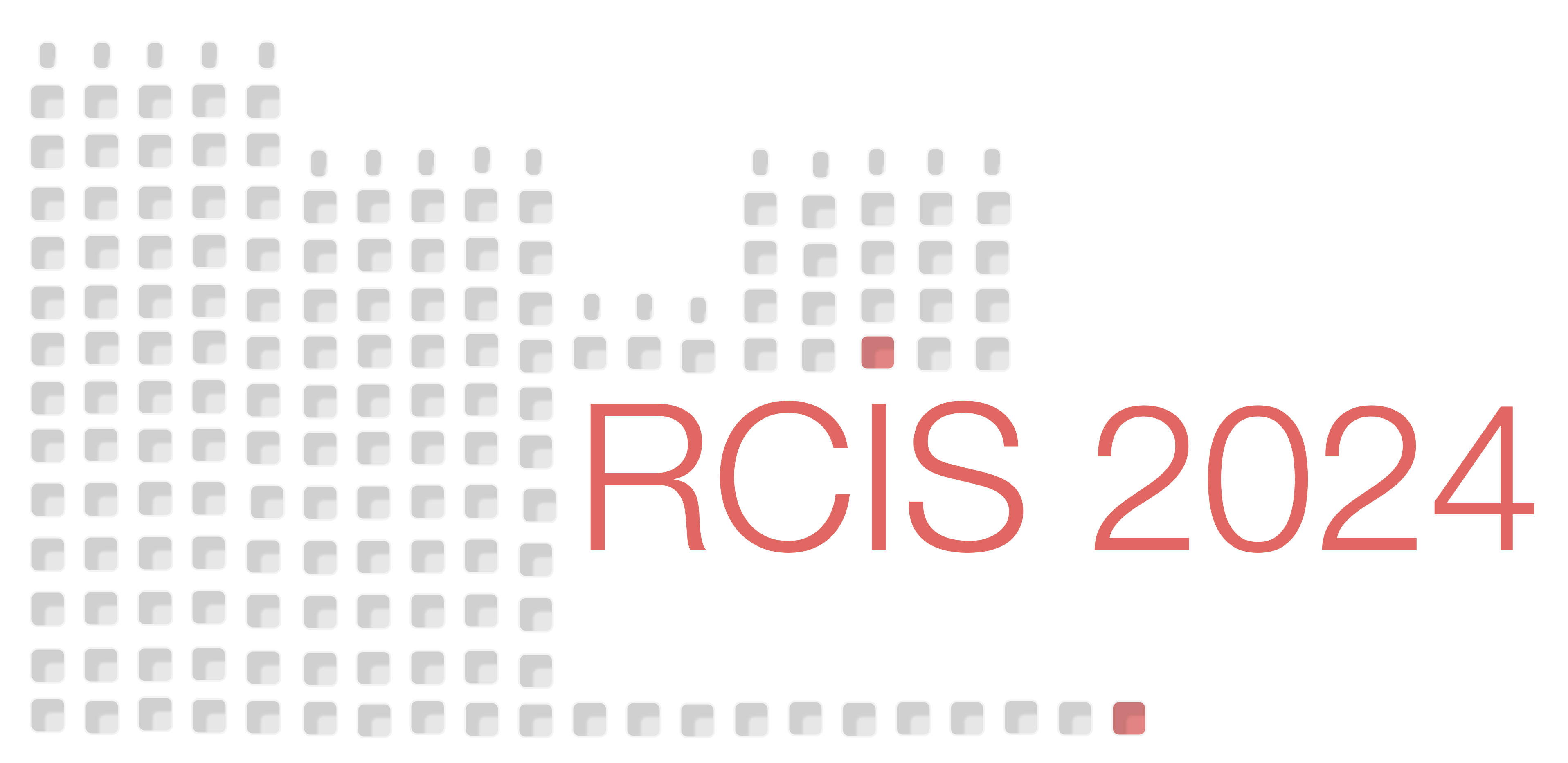Abstract.Design Science Research is about the design of artefacts and their study in context. Design Science is widely used in the field of Information Systems Research and, in the past decade, also in Empirical Software Engineering. In a research project, Design Science is used to first identify the type of problem at hand and then follow the right steps to solve it. Data Analytics projects have a different focus and foundation, compared to information systems delivery projects or software development projects. In Data Analytics all the discussions revolve around the data, preparation, and interpretation. Whereas, in software or systems engineering projects, the focus is on the product. In this tutorial, we will explore the possible ways of applying design science research methodologies to Data Analytics research projects. To this end, we will first examine the existing data science methodologies from design science perspective. Second, existing design science methodologies such as Wierienga’s design science research methodology and Peffer’s design science methodology, will be examined from a data science perspective. Data science-focused factors such as data preparation, analytics, interpretation, privacy and baises will be discussed as part of research-methodological steps.





